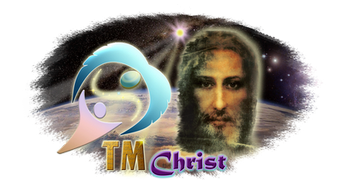NOTE: To access previous posts, please go to the Link ;
In the simplest terms societies develop from individuals, families, and multiple families or clans that are the beginning of primitive societies. The simple affairs of society become organized in three different functions:
Social – family training, education, livelihood skill development, religious functions, etc.;
Politics and governance – settlement of disputes, coordination between groups, establishment of common rights of property, etc;
Economic/financial – systems of agreed exchange, debts, rules of bartering, invention of money, etc.
These are the three pillars of a functional society.
As societies become larger and more complex, increasing the size of organizations within each of pillar is insufficient to maintain the functionality of society. We see clearly that larger and larger governments with more laws, regulations is not a solution to more complex social, political and economic/financial growth. What is needed is a qualitative, evolutionary development that inherently has the means to resolve complex societal and public issues. If this evolutionary development does not occur, then as organizations within the three pillars become more dysfunctional, society as a whole will also reflect that dysfunction – arguable generalities, of course.
When we discern functional societies, whether large or small, we see that agreed upon common rules of operation help everyone and every organization operate with little external control. Fewer agreed upon rules or values require more authority and control to maintain a stable society. When societies accept and implement the three values (quality of life, growth and equality) as the rule of law for all social, political and economic/financial relationships, then the size and functions of government will become smaller. (See - Wikipedia). The other side of that equation is that more responsibility must then come to rest on the shoulders of each individual and organization to live in accordance with those values.
We all are familiar with those values. They are innate to our DNA! We only need to publicly recognize, accept and install them to determine “the common good” which makes social justice more immediate. Those values are encompassed in The Three Moral Imperatives of Social Sustainability (Post #11).
